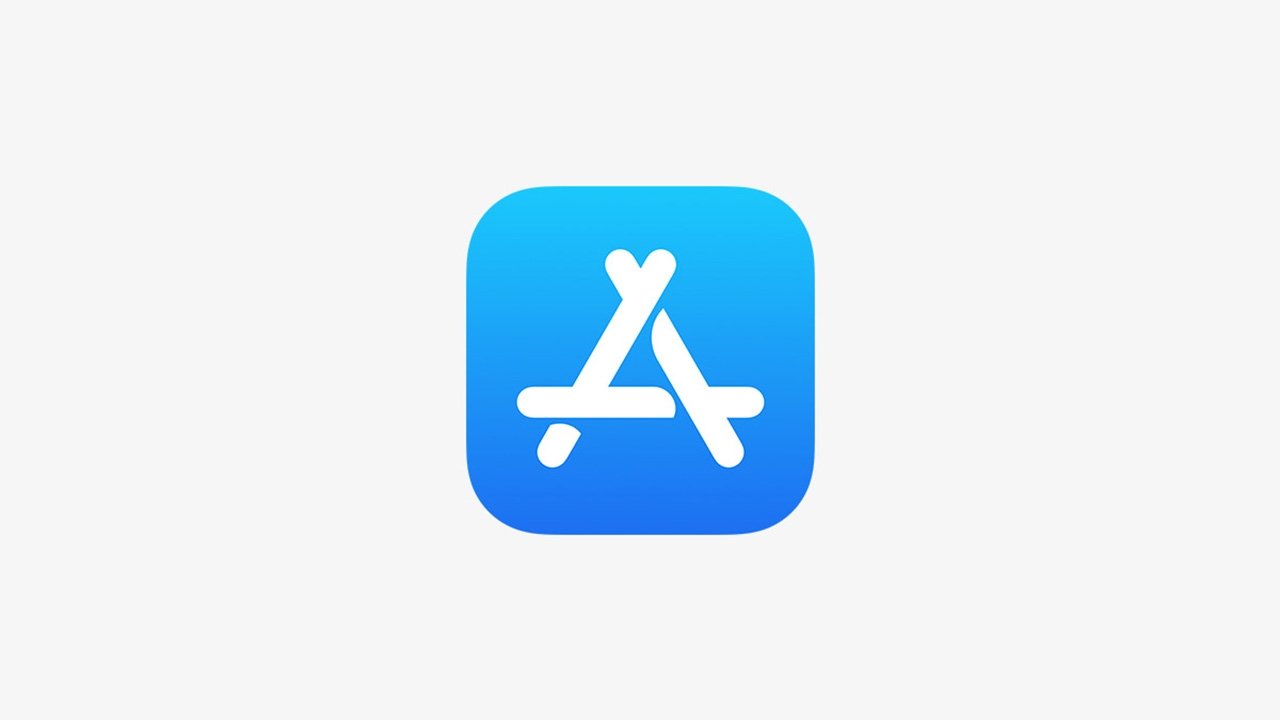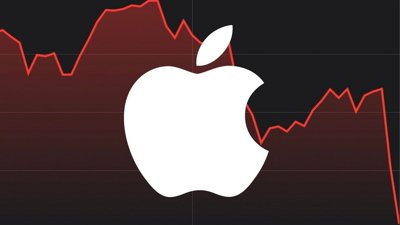Apple users and developers are seeking separate class status for a number of antitrust claims accusing the Cupertino company of a monopoly on the App Store.
The developers and consumers filed a motion on Tuesday asking the U.S. District Court for the Northern District of California to certify separate classes in several cases that are before Judge Yvonne Gonzalez Rogers.
Notably, Judge Gonzalez Rogers recently presided over the Epic Games v. Apple bench trial in May. The motion on Tuesday, in fact, references the trial several times — including one exchange between Apple CEO Tim Cook and the judge.
During that exchange, Judge Gonzalez Rogers grilled Cook on a number of issues. In a line of questioning, she used Apple's 30% commission as an example of why the Cupertino tech giant doesn't face actual competition.
"As to Apple's default 30% commission, the court put it succinctly: [T]he 30 percent number has been there since the inception ... [a]nd if there was real competition, that number would move, and it hasn't," the developers' motion reads.
The motion argues that smaller developers who have levied claims against Apple don't have the resources necessary to fight "the largest publicly traded company in the world." Large developers like Epic Games, it contends, are an exception.
It isn't clear how many class members are included in the motion, which is redacted in many parts. The motion does argue that Apple imposes anticompetitive restrictions on all of them, however.
The consumer antitrust case against Apple is back in the district court circuit after the U.S. Supreme Court had ruled in 2019 that users can sue Apple for alleged App Store overcharging. Notably, Judge Gonzalez Rogers had initially dismissed the case in 2013, stating that consumers are actually indirect purchasers.
In the Tuesday motion, consumers cited the Supreme Court ruling, quoting a passage characterizing their claims against Apple as "classic antitrust."
As in the Epic Games v. Apple battle, the motion also alleges that Apple places anticompetitive restrictions on app distribution and in-app payment methods. It also attacks Apple's anti-steering guidelines, which bar apps from advertising cheaper prices outside of the App Store.
The motion claims that Apple's "unlawful and anticompetitive exclusivity scheme has generated enormous supra-competitive profits for Apple."
During its trial with Epic Games, and even before the case, Apple has pushed back on allegations that it enjoys a monopoly. It claims that it isn't dominant in any market it competes in. Apple also maintains that its fees are needed to support its platforms.
The developer class certification would include all U.S. app makers who sold apps with a price tag on the App Store on or after June 4, 2015. The consumer class would include anyone in the U.S. who bought an iOS app or paid for an in-app purchase since July 10, 2008.
Class action certification for users & developers against Apple.pdf by Mike Wuerthele on Scribd
Follow all the details of WWDC 2021 with the comprehensive AppleInsider coverage of the whole week-long event from June 7 through June 11, including details of all the new launches and updates.
Stay on top of all Apple news right from your HomePod. Say, "Hey, Siri, play AppleInsider," and you'll get latest AppleInsider Podcast. Or ask your HomePod mini for "AppleInsider Daily" instead and you'll hear a fast update direct from our news team. And, if you're interested in Apple-centric home automation, say "Hey, Siri, play HomeKit Insider," and you'll be listening to our newest specialized podcast in moments.
 Mike Peterson
Mike Peterson



-xl-m.jpg)



-m.jpg)






 Malcolm Owen
Malcolm Owen
 Marko Zivkovic
Marko Zivkovic

 Chip Loder
Chip Loder
 Christine McKee
Christine McKee
 William Gallagher
William Gallagher
 Amber Neely
Amber Neely



-m.jpg)






22 Comments
Let’s kill the goose that laid the golden egg. There would be no App Store if Apple didn’t maintain such tight control. The Wild West would have taken over and people would have given upon purchasing apps long ago if they couldn’t be sure it was safe. The only reason Google Play exists is because of the success of the App Store.
Users should have the choice to buy from Apple's App Store or another App Store. Other App Stores could be added to the platform (with support from Apple) without sacrificing the security of the platform (the security model of iOS could stay intact). Of course Apple's app review would be replaced by a third party app review (other rules within the law). There also would be many identical apps available from several App Stores (maybe with different pricing).
Is it possible to file a class action against the class of developers?